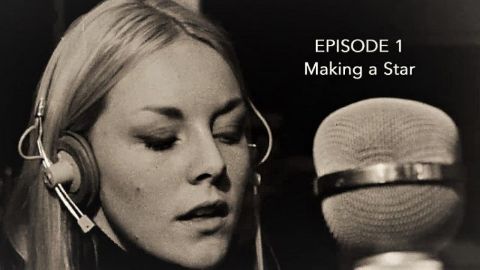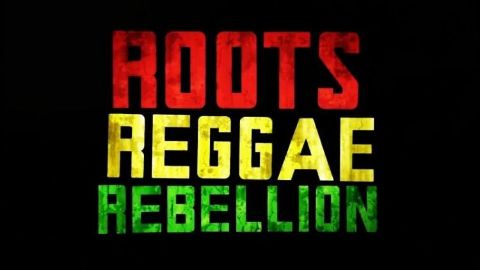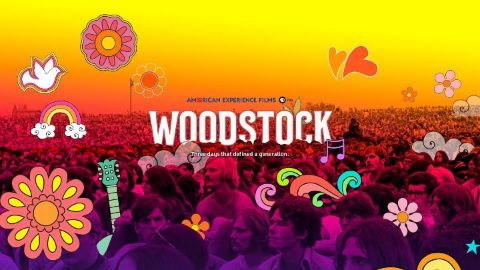The Most Dangerous Band in the World: The Story of Guns N' Roses • 2016
It was 1985. Guns N' Roses were soon to be known as the last mammoth rock entity to come out of LA after selling over 100 million albums. Jon Brewer brings alive never-before-seen video footage of Guns N' Roses in their earliest days as a fledgling band, filmed and meticulously archived over the years by their close friend. They became known as 'the most dangerous band in the world' and retained the title for reasons this film portrays, via interviews with band members and those who were there on, and off, tour. Venture down seedy Sunset Strip to the Whiskey, the Rainbow and the Roxy, all known as 'the Jungle'.
Make a donation
Buy a brother a hot coffee? Or a cold beer?
Hope you're finding these documentaries fascinating and eye-opening. It's just me, working hard behind the scenes to bring you this enriching content.
Running and maintaining a website like this takes time and resources. That's why I'm reaching out to you. If you appreciate what I do and would like to support my efforts, would you consider "buying me a coffee"?
Donation addresses
BTC: bc1q8ldskxh4x9qnddhcrgcun8rtvddeldm2a07r2v
ETH: 0x5CCAAA1afc5c5D814129d99277dDb5A979672116
With your donation through , you can show your appreciation and help me keep this project going. Every contribution, no matter how small, makes a significant impact. It goes directly towards covering server costs.





